Pop Shots – Lizzo, Stan Culture, and Weaponized Fan Bases
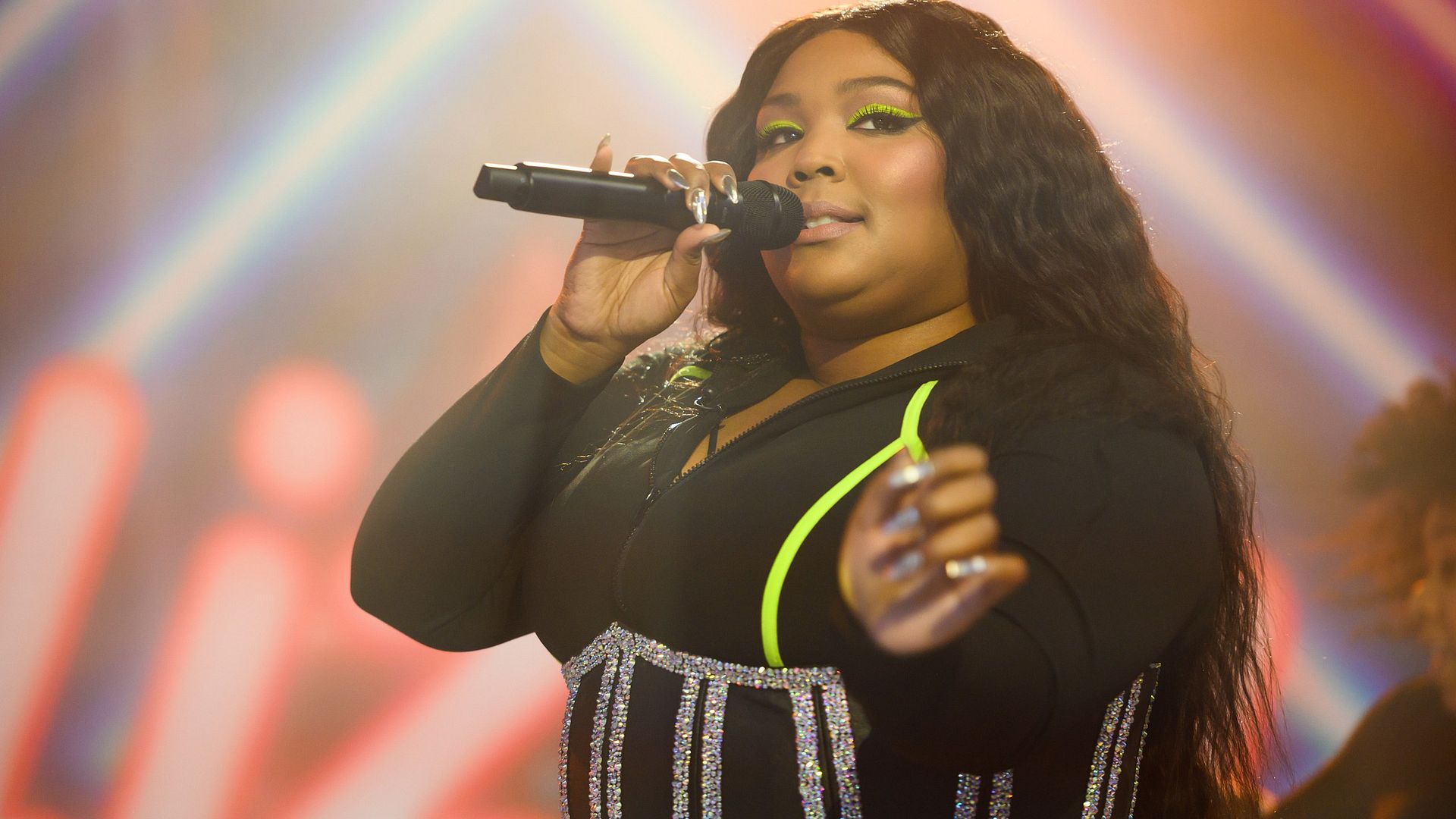
Welcome to your weekly dose of pop world musings. Covering all things pop culture, every once in a while I like to use this column to talk about something serious that’s going on in the pop world, and this would be one of those times.
Recently, we’ve seen a very ugly trend in music – the weaponizing of fan bases. This past week Lizzo was an artist who took center stage in this conversation, as her fans verbally attacking a delivery woman after reading one of Lizzo’s tweets has led to a lawsuit.
Before getting into the lawsuit, it’s important to look at how a fan base can become a weapon. It’s a phenomenon that has its roots in Stan culture.
“Dear Slim, I wrote you but you still ain’t callin’”
Stan culture, which gets its name from the Eminem song “Stan,” is when a fan is so attached to an artist they worship everything they do, and will essentially do anything for them.
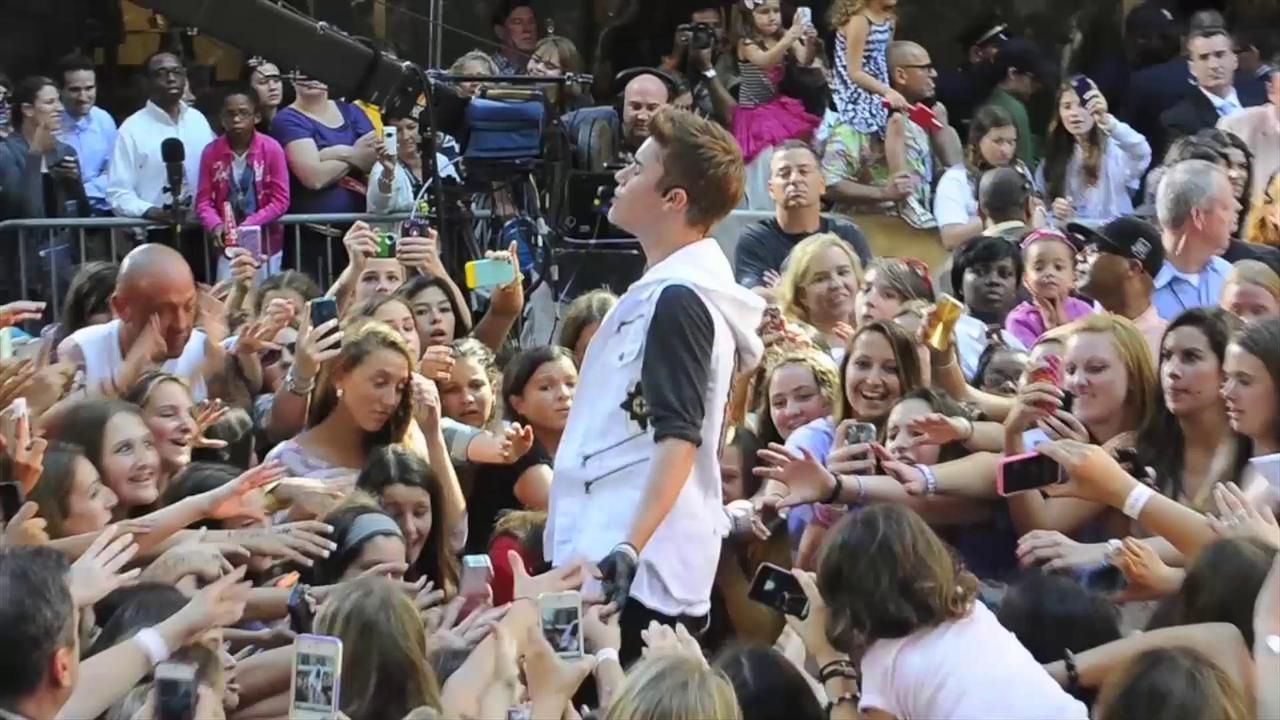
B.G. once rapped that Cash Money is an army, and thanks to Stan culture every artist with a big enough fan base now essentially has an army of their own. An example of this is Beyonce’s “Beyhive,” which attacks pretty much anyone who dares say anything negative about their beloved idol.
Stans usually attack people via social media, which makes much of what they do online bullying, and much like in offline bullying, the bullies – in this case the Stans – are obscenely proud of their work, oftentimes bragging about it.
It’s truly ugly behavior, and it really makes you wonder if any of these individuals know the Eminem song the term comes from, and how that song ends (spoiler alert – Stan kills himself).

In the case of one food delivery person, her life has been temporarily ruined by Lizzo’s Stans.
Lizzo and the libel case
Back in September, Lizzo was in a Boston hotel when she placed an order for food via Postmates under the pseudonym Bonnie V. When delivery person Tiffany Wells arrived the hotel staff told there was no Bonnie V staying there.
Following company protocol, Wells waited five minutes. Going above and beyond company protocol, she spent an extra five minutes trying to get in touch with “Bonnie V” before leaving for her next delivery. This is when Lizzo’s Twitter fingers went into action.
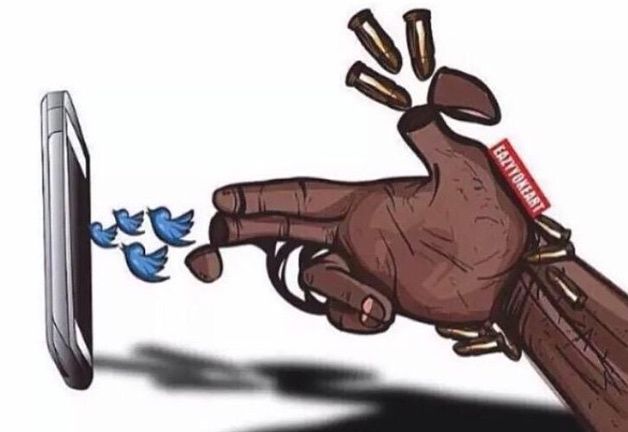
The rapper/singer tweeted “Hey @Postmates this girl Tiffany W. stole my food she lucky I don’t fight no more.” The tweet also included a screenshot of Wells’ picture from the Postmates app.
Lizzo’s Stans immediately pounced on Wells, spending the following hours making threats against the delivery person.
The next day Lizzo deleted the tweet, and attempted a mea culpa, writing, “I apologize for putting that girl on blast. I understand I have a large following and that there were so many variables that could’ve put her in danger. Imma really be more responsible with my use of social media and check my petty and my pride at the door.”
Lizzo may have naively thought her tweet wasn’t going to result in such vitriol – although that’s hard to believe being that this isn’t her first day on the internet, and we all know how social media mob mentality works – but for Tiffany, the damage had already been done, which is why she’s now suing Lizzo for libel, intentional infliction of emotional distress, and invasion of privacy. According to the lawsuit, Tiffany “was scared to leave her house and as a result was forced to stop delivering as a courier altogether—directly affecting her ability to earn a living,”
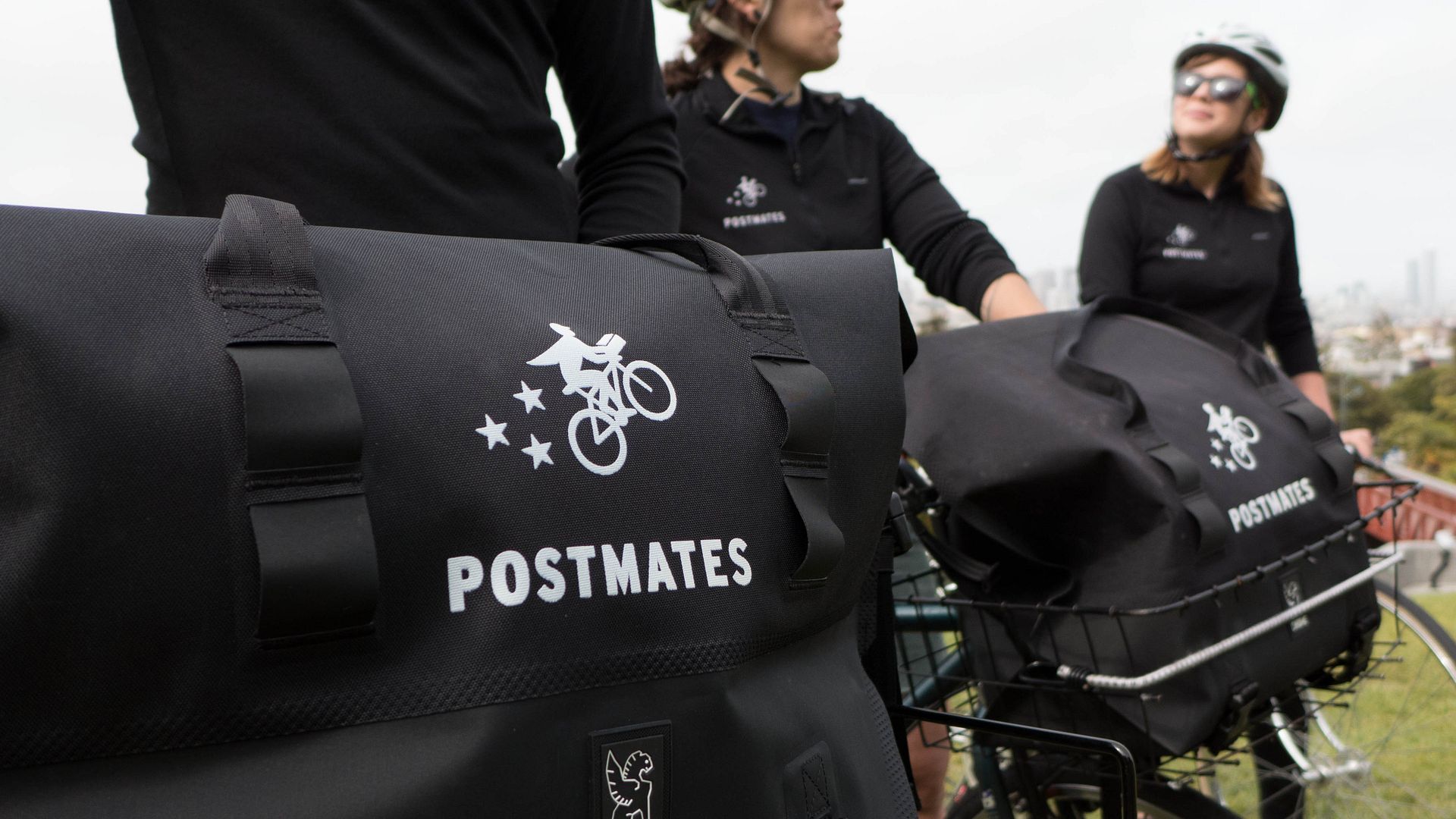
Personally, I hope Wells wins her lawsuit – not because I have anything against Lizzo, who I think probably does feel bad about the situation, but because a precedent needs to be set, as this wasn’t an isolated incident. In the past month alone both Taylor Swift, and Amanda Palmer, have intentionally weaponized their fan bases.
Swifties seeing red
It’s no secret that Taylor Swift was unhappy with the sale of her former label, Big Machine Records, to Scooter Braun, and before the American Music Awards her beef with him reached a new level of intensity.
Swift publicly alleged that Braun, and Big Machine’s founder, Scott Borchetta, were preventing her from performing a medley of her hits on the AMAs, and stalling production of a planned Netflix documentary. On November 14th she wrote a long post on social media telling her side of the story, and it included a call to action – “Let Scott Borchetta and Scooter Braun know how you feel about this.”
The next day Big Machine Label Group’s headquarters in Nashville was forced to close early because Taylor Swift Stans – who are known as Swifties – were making death threats to employees of the company.

This is absolutely 100% on Taylor Swift. She purposefully weaponized her fan base by riling them up, and telling them to go on the attack. Artists of her stature can’t hide behind the false notion that they had no idea there would be negative actions as a result of their words. As I noted earlier, it isn’t your first day on the internet, you know how social media mob mentality works. Swift is a smart woman, smart enough to know exactly what she was doing here, and what the potential results of her words would be.
On November 22nd, Braun finally commented on the situation, writing that his wife had received a threatening phone call at their home, and that Swift – although he doesn’t feel she intended for actual harm to come his family’s way – needs to understand the extreme influence she wields.
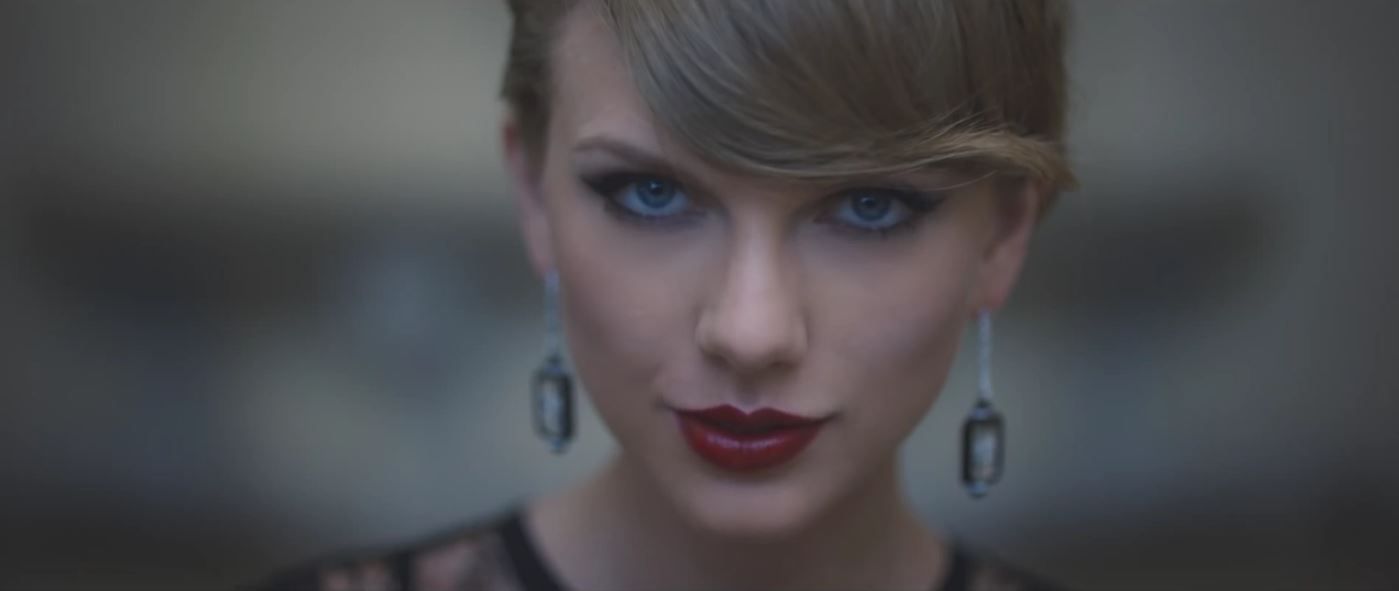
Then there’s the case of Amanda Palmer, who has known the influence she wields for quite some time, and is perfectly comfortable weaponizing her fans to attack people she doesn’t like, including a journalist who didn’t cover her most recent tour.
Palm readers
In late November, Amanda Palmer – who has a history of actions that have made her a persona non grata for many in the music industry – decided to post a series of tweets that included an attack on the Guardian for the lack of coverage they’ve given her latest project.

Predictably, Palmer’s tweets led to her fans taking up her cause. Their actions included verbally attacking the Guardian’s deputy music editor, Laura Snapes.
While dealing with the attacks, Snapes tweeted some background info on the situation, writing, “In recent months I have been dealing with a bizarre situation with Amanda Palmer. I blocked her years ago, I think we had a spat about that tour where she offered to pay musicians in hugs and beer. She recently became fixated by this and asked her 1m fans to find out why I had.”
What Palmer did was incite, and weaponize, her fan base. This was intentional, and while many have chalked it up to Amanda Palmer being Amanda Palmer, the fact of the matter is she should be held accountable for what her fans did as a result of her tweets.
Gang related?
Insane Clown Posse’s fans, known as Juggalos, are classified as a gang by the FBI. It’s a ridiculous classification they fought (unsuccessfully) with a march on Washington D.C. in 2017.
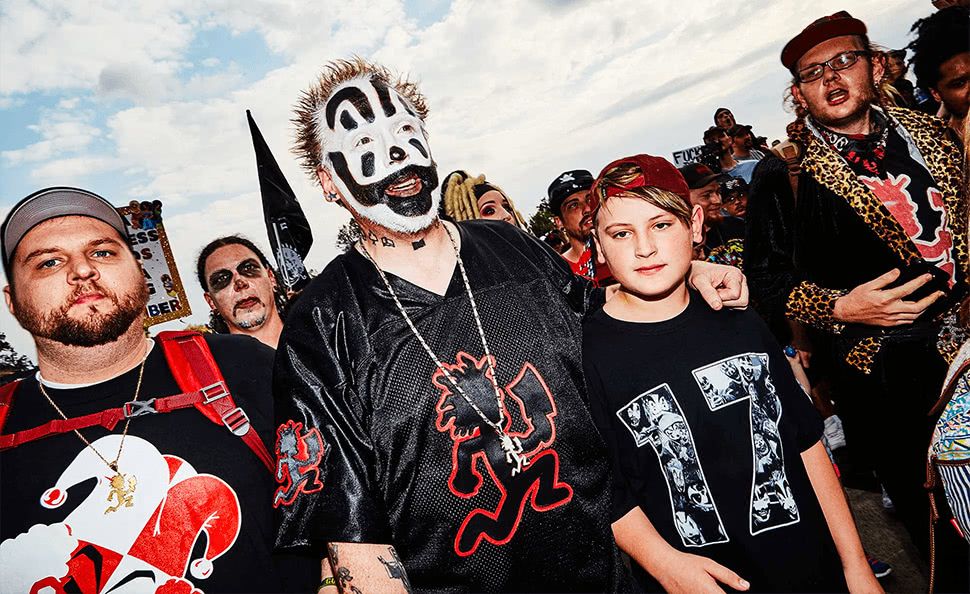
The Juggalos aren’t a gang. The recent actions of the Stans of Lizzo, Taylor Swift, and Amanda Palmer, however, have those three artists’ fan bases a bit closer to that designation.
At the very least, the actions of Lizzo’s, Swift’s, and Palmer’s Stans can be classified as harassment, and much like a bartender can be liable if they overserve a person who then causes a car accident, artists should be held accountable for the results when they overserve emotion, and intoxicate their fans to the point of making death threats, and ruining lives.
If we don’t start holding artists responsible for these actions now, things will only escalate, and I fear at some point a Stan will go much further than a tweet, or a phone call.
That’s all for this edition of Pop Shots, but come back next Monday for more shots on all things pop.

Comments